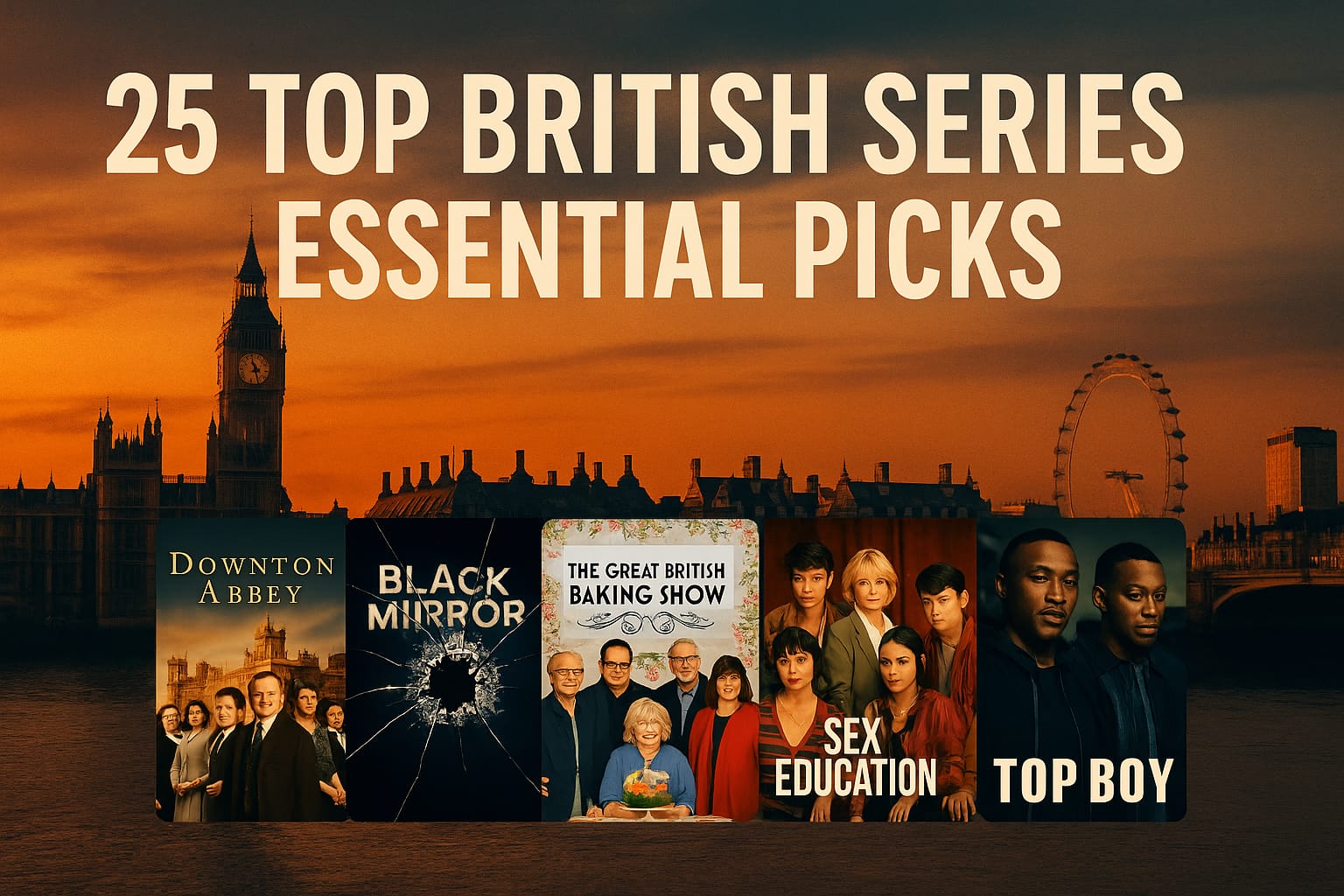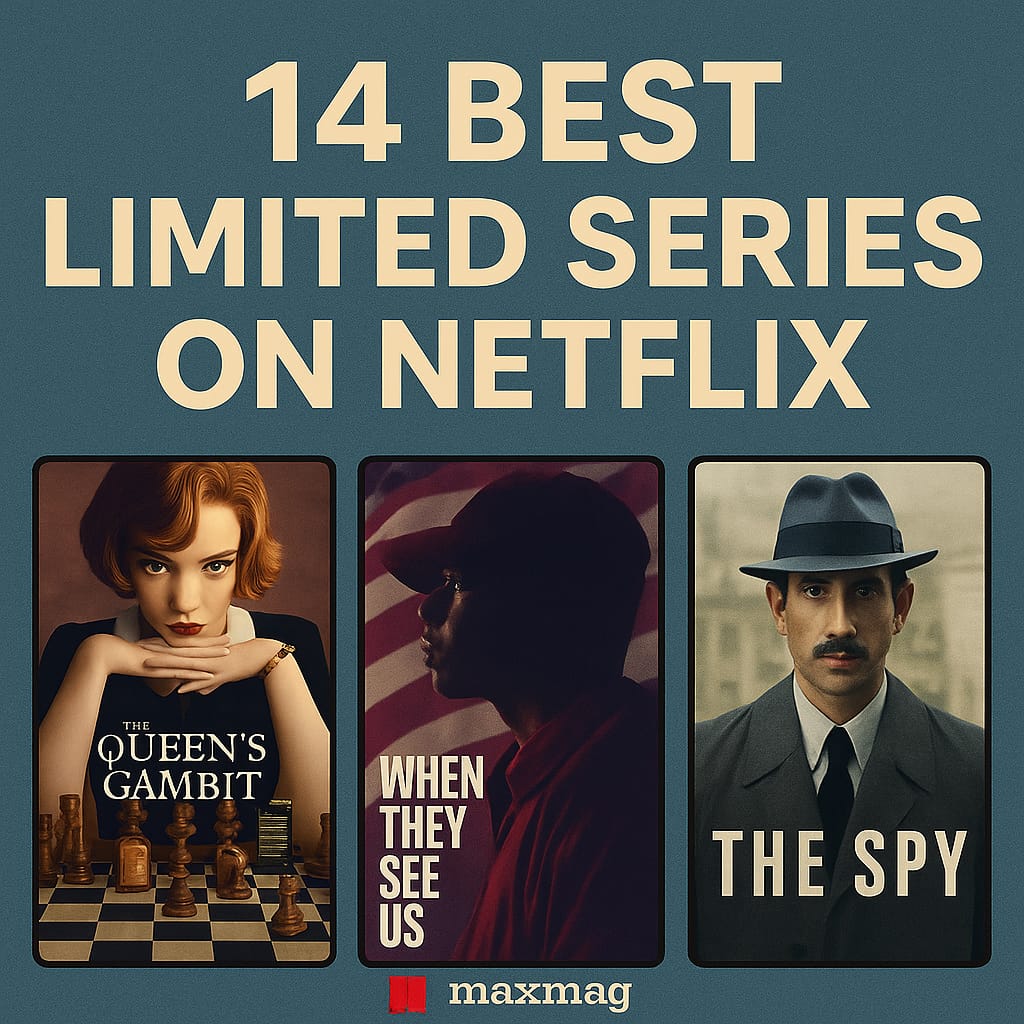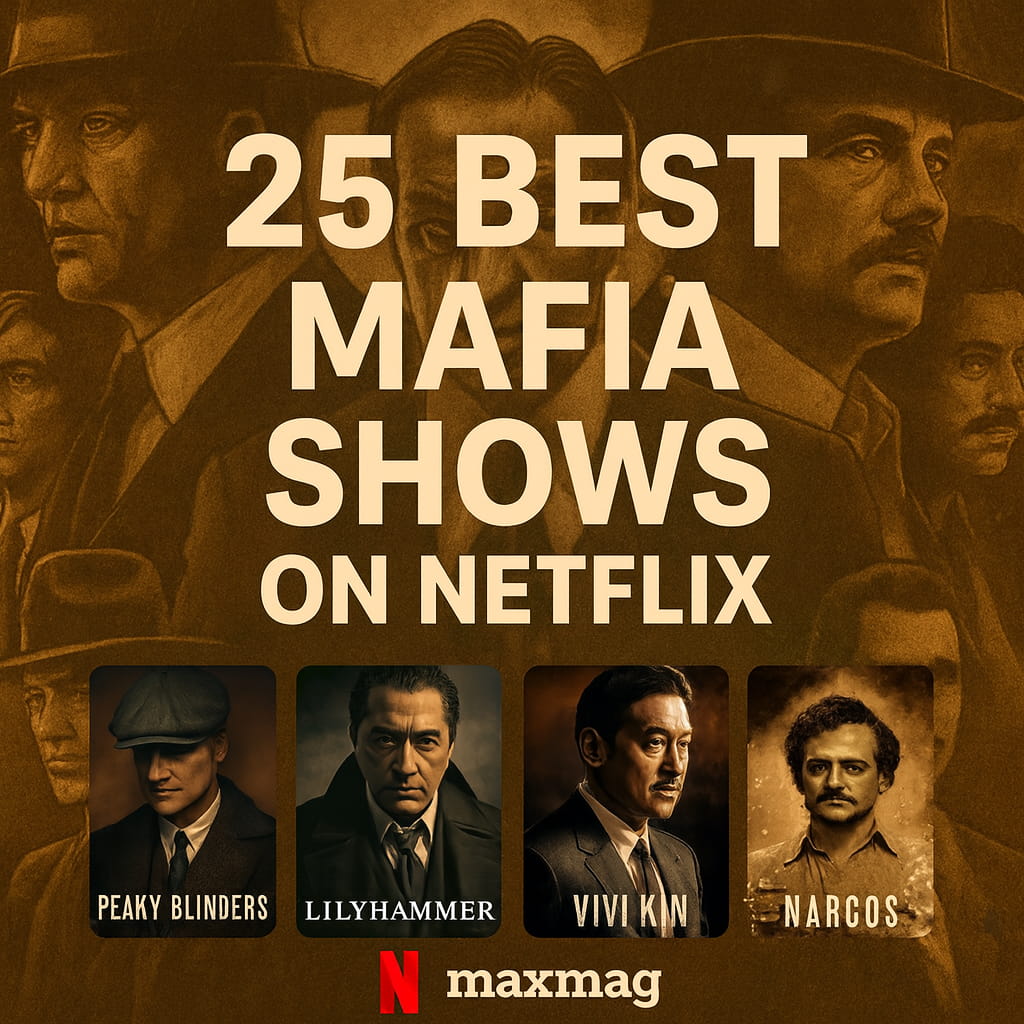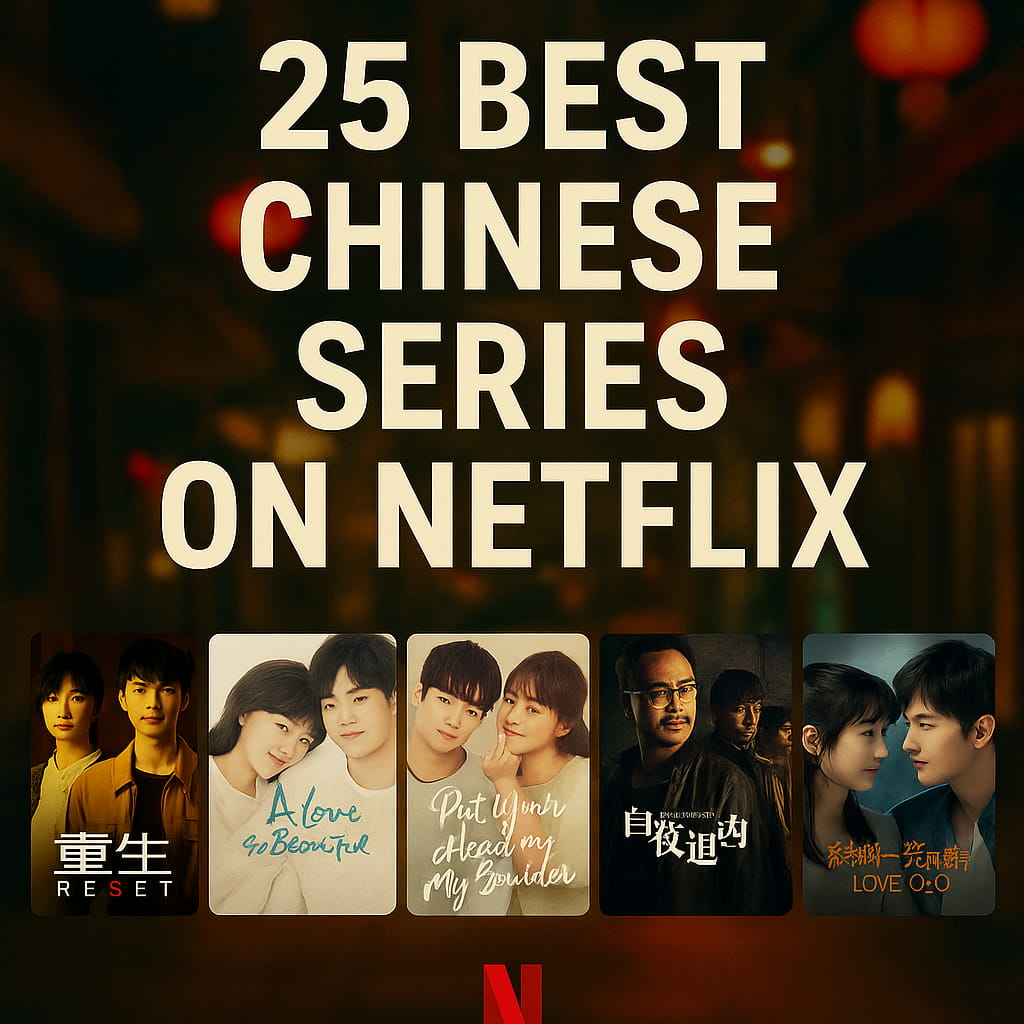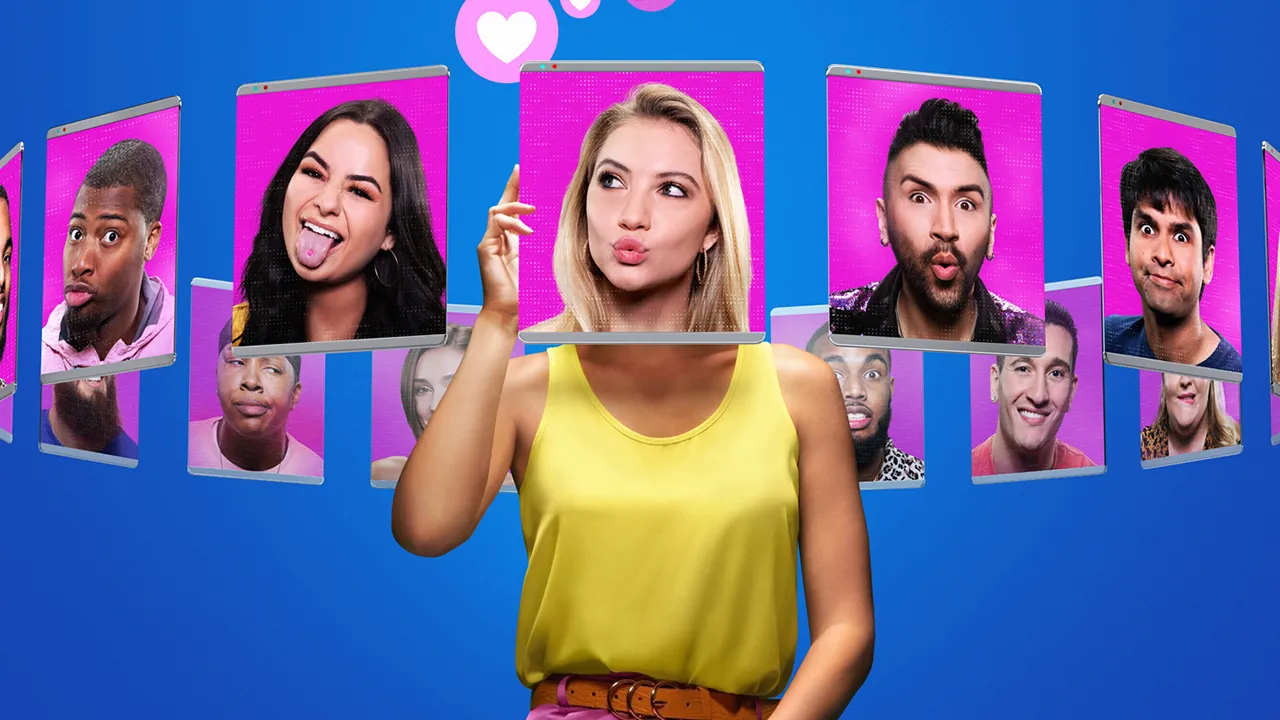
In today’s digital-first world, it’s no surprise that reality television is evolving to reflect the way we live online. One of the boldest innovations in this space is The Circle, a Netflix series that merges social interaction, competition, and digital identity into a singularly compelling format. It’s more than entertainment—it’s a social media strategy game show that explores how we connect and compete behind screens.
🏠 The Setup: Strategy From Behind the Screen
The Circle places a group of players in separate apartments within the same building. They never meet in person and communicate only through a specially designed social media app. Each contestant crafts a profile—real or fake—and uses it to build alliances, spark conversations, and ultimately gain popularity within the group.
This unique setup removes face-to-face interaction from the equation, transforming the show into a test of communication, perception, and manipulation. Whether a player presents their true self or chooses to catfish, it’s their strategy that determines their success.
🎭 The Appeal of Persona Play
What makes The Circle so addictive is its insight into online behavior. Players can pose as their grandmother, a supermodel, or just stick to being themselves. Every choice shapes their reputation and influence within the group. This opens the door for bluffing, emotional storytelling, and even unexpected friendships.
It’s not just about being liked—it’s about being strategic. In a traditional game show, strength or skill often matters most. But in this social media strategy game show, emotional intelligence and the ability to read between the lines are what truly count.
🌐 Cultural Impact and Evolution
Debuting originally in the UK, The Circle quickly expanded to other countries due to its innovative format. The U.S. version, now a staple on Netflix, has brought international attention to the series. With each new season, new twists are introduced—like secret influencers, blocked players returning, or artificial intelligence being used as a contestant.
The show’s format feels familiar to anyone who’s spent time curating social media posts or crafting the perfect message in a group chat. It reflects our real-life digital behaviors, but amplifies them in a competitive environment.
You can read about the Season 6 innovations in this Decider review.
🧠 Strategy as Entertainment
The heart of The Circle lies in its gameplay. Every few days, players rate each other from most to least popular. The top-rated players become “Influencers” who decide who gets to stay in the game. It’s a mix of charm, deception, and careful decision-making that drives the drama.
By stripping away real-world cues like facial expressions and voice tone, the show puts an emphasis on how messages are crafted and perceived. That’s what makes it a standout social media strategy game show—it’s a battle of minds, not muscles.
📺 Why the Format Resonates
In a world where people are constantly managing their digital identities, The Circle taps into something familiar. The show mirrors how online relationships are formed, maintained, and sometimes manipulated. It reveals just how fragile trust can be when filtered through a screen.
The stakes are real. The winner walks away with a substantial cash prize, usually around $100,000. But more than the money, players are fighting for influence and validation—the very things many people subconsciously seek from social media in everyday life.
💬 Community Buzz and Lasting Influence
Outside of the show itself, The Circle has cultivated a strong fan base. Viewers engage in online discussions about favorite contestants, twist predictions, and who’s truly playing the smartest game. Memes, interviews, and breakdown videos populate platforms like TikTok and Reddit, extending the show’s presence far beyond the episodes.
This cultural impact is a testament to the power of blending reality TV with relatable online dynamics. In the realm of social media strategy game show concepts, The Circle is the frontrunner and may very well define this niche genre for years to come.
🏆 Final Thoughts: Reality TV Meets the Digital Age
As reality television continues to evolve, The Circle stands out as a unique hybrid of digital culture and classic competition. It takes the mechanics of social media and turns them into a game where strategy, self-awareness, and social navigation are key.
By isolating players and placing them behind screens, the show becomes a mirror of the modern age—highlighting both the creativity and the deception that can emerge in online interactions. If you’re looking for something that’s clever, current, and surprisingly heartfelt, this social media strategy game show deserves a spot on your watchlist.
For more cultural deep-dives and European perspectives, check out our detailed list of top Spanish movies you should watch, filled with cinematic gems worth your time.
❓ FAQ: Everything You Need to Know About The Circle
Q1: What is The Circle about?
A1: It’s a reality game show where contestants compete using only a voice-activated social media app, never meeting face-to-face.
Q2: Are players allowed to lie or catfish?
A2: Yes. Contestants can play as themselves or take on a completely fake persona, adding depth and deception to the game.
Q3: How does the winner get chosen?
A3: Players rate each other regularly. The highest-rated becomes an Influencer, and the top-rated player at the end wins the cash prize.
Q4: Where can I watch The Circle?
A4: The show is available to stream on Netflix, including several international editions.
Q5: Why is The Circle considered a social media strategy game show?
A5: Because it centers on players using strategic communication through a custom social platform to build influence and win.

